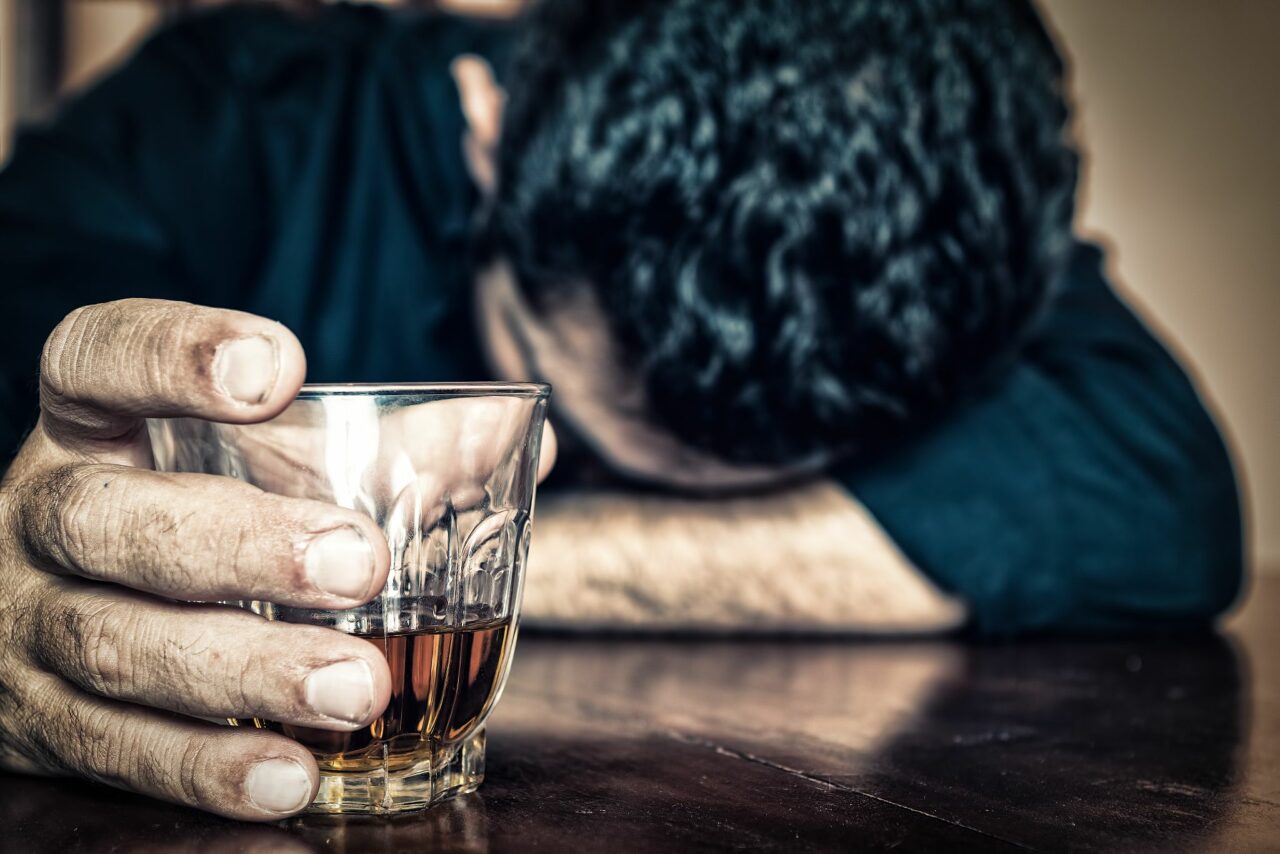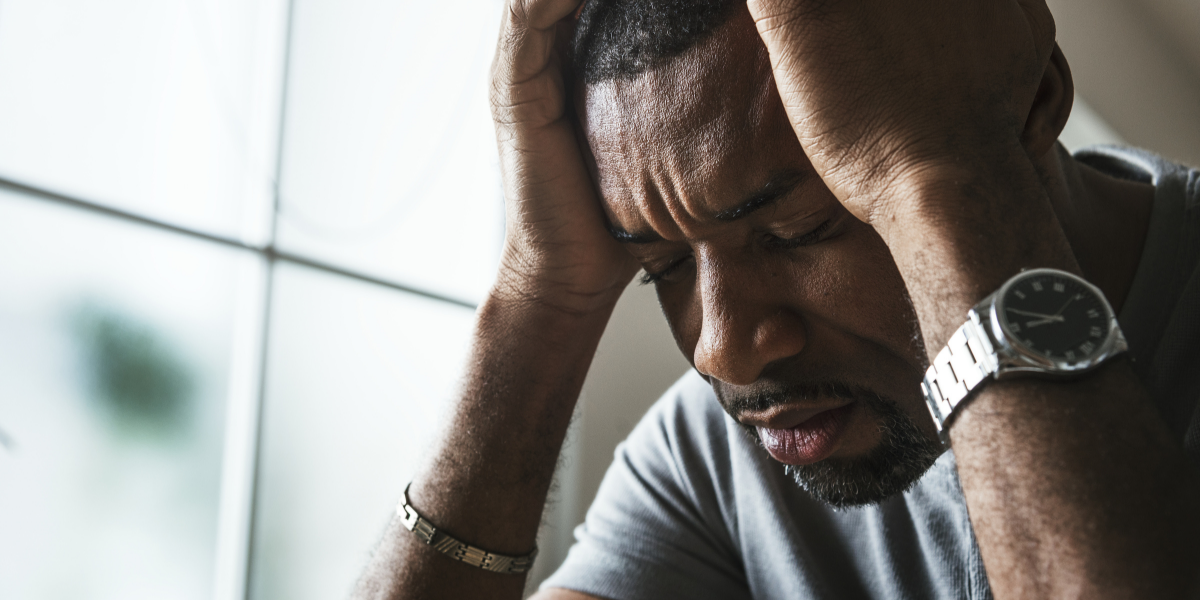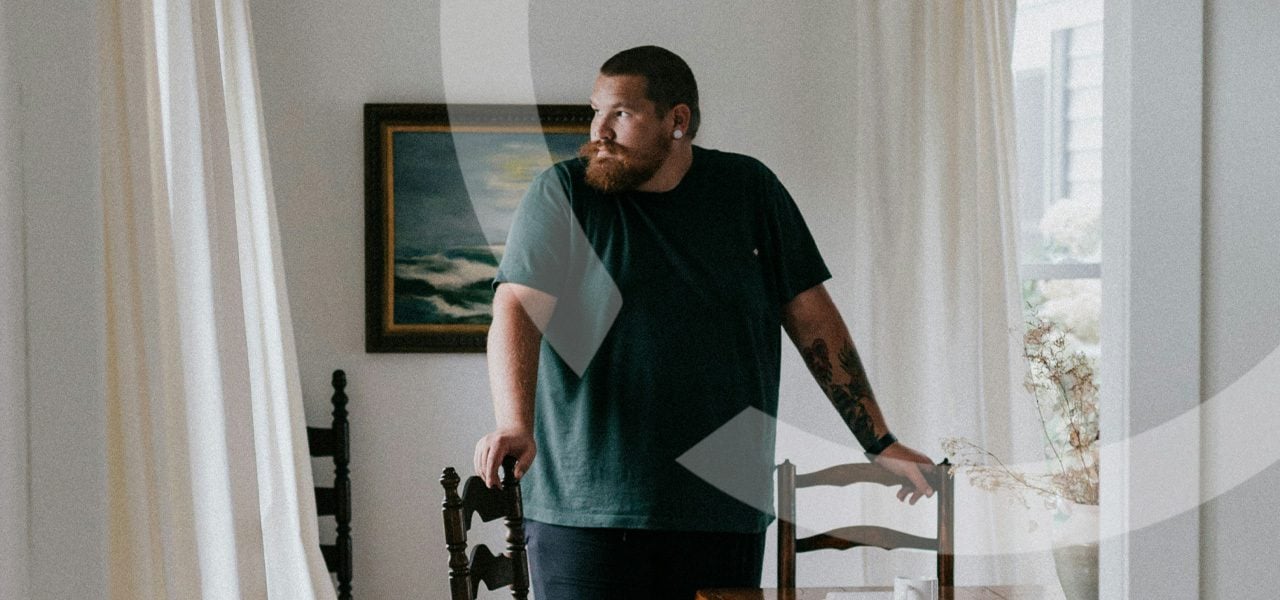Millions of people consume alcohol on a daily basis, but when drinking becomes a regular means of keeping persistent sadness at bay, a negative cycle develops that can become a more serious health problem without intervention. We explore the relationship between drinking and mood disorders like depression.
The Relationship Between Alcohol and Depression
When faced with the challenges of life, some people will move forward after a short period of hopelessness and working through it. However, when a person with depression faces these challenges, they may have already been feeling hopeless about life in general.
The symptoms of depression may be able to be eased with alcohol temporarily, but, because depression and alcohol use disorder (AUD) each feed the other, both conditions can progress into those requiring addiction treatment.
In the past two decades, two epidemiological surveys revealed that over 50 percent of those with bipolar disorder also struggled with alcohol dependence or abuse.1
How Does Alcohol Use Cause Depression?

A person without depression may initially drink for recreational purposes because they wish to feel good. Over time, however, their drinking may progress. They may begin to consume a larger amount of alcohol in a sitting, drink more frequently, or both.
When either or both of these occur, brain chemistry changes and the function of the brain becomes impaired. Should drinking become chronic, chemical changes and impaired brain function will progress. This increases the risk of developing depression.
When depressed, a person may choose to continue drinking instead of seeing a doctor for antidepressant medication.
How Does Depression Cause Alcohol Abuse?
Generally speaking, depression is characterized by moderate-to-intense feelings of emptiness, hopelessness, loss, anger, and sadness.
The World Health Organization estimates that over 264 million people globally suffer from depression.2 It’s very common for those who suffer from the above symptoms to “self-medicate” or soothe what may be intense symptoms by consuming alcohol.
The relaxing effects of alcohol may make life’s difficulties and depression symptoms less challenging. However, as a person with depression continues to consume alcohol, their depression symptoms will worsen in intensity and severity. This is due to alcohol’s aforementioned effects on the brain.
How to Break the Cycle
Chronic and excessive drinking can lead to changes in the brain that result in depression. Having depression can create the desire to drink alcohol to relieve symptoms and raise the risk of alcohol addiction. Breaking this alcohol-depression cycle involves taking a number of steps.
Recognize the Signs of Alcohol Dependence
Educating yourself on the signs of AUD can help you identify when an alcohol problem is progressing. It’s important to seek help if you are experiencing any of the following:
- Cravings for alcohol
- Inability to limit the amount you drink
- Binge drinking
- Trying to reduce the amount you drink one or more times without success
- Having relationship, work, or physical problems related to alcohol use
- Continuing to drink despite the above problems
- Withdrawal symptoms like shaking, sweating, or nausea when you aren’t drinking
- Drinking to relieve withdrawal symptoms
- Failing to meet work, school, family, or other obligations in favour of drinking
- Devoting a lot of time to drinking, obtaining alcohol, or recovering from drinking
Recognize the Signs of Depression
It’s equally important to educate yourself on the symptoms of major depression and other types of these conditions. If you experience the following for more than two weeks with moderate to severe intensity, it’s important to seek help:
- Suicidal thoughts
- Sleep interruptions or erratic patterns of sleeping
- Problems concentrating
- Loss of interest in previously enjoyed activities
- Guilt
- Feeling worthless
- Irritability and anger
- General fatigue and lack of energy
- A change in appetite and subsequent weight gain or loss
- Hopelessness
Identify How One Affects the Other
In addition to understanding the signs of alcohol use disorder and depression independently, understanding how your drinking makes you feel and how your feelings affect the amount and frequency of your alcohol consumption are also vital.
For example, you may be feeling depressed and drink because doing so makes you feel better. You may also find that you feel more depressed than before after the effects of alcohol have worn off.
You may not have depression symptoms exactly, but you may be experiencing one or more symptoms of alcohol use disorder and be concerned about the direction this is going. Or, you may simply not feel like yourself since increasing your alcohol consumption.
Get Help from the Right Rehab
It’s very common for people with alcohol abuse disorder to also have depression at the same time, which is referred to as a comorbid or co-occurring condition. Co-occurring conditions require specialised treatment from a rehab with experience, knowledge, and understanding.
If you are concerned that you may have both depression and alcohol use disorder, a treatment program that’s capable of helping you recover from both conditions at the same time is ideal.
Premier Depression and Alcohol Use Disorder Treatment for Men Only

The Canadian Health Recovery Centre is a residential treatment centre exclusively for men that’s located in Peterborough Ontario, Canada. You will benefit from a beautiful natural setting and resort-like accommodations as you receive treatment for substance abuse on-site.
At Gateway, we specialize in holistic addiction treatment that addresses the whole person and focuses on addiction’s root causes. All of our therapies are evidence-based and include:
- Mindfulness
- Dialectical Behavioural Therapy (DBT)
- Cognitive Behavioural Therapy (CBT)
- Counselling
- Education
In addition to treatment of alcohol addiction, Gateway also offers programs to treat mental health problems like depression and addiction when diagnosed as co-occurring.
Recovery from alcohol addiction and depression is possible; when you’re ready to learn more about how Gateway can help you overcome alcohol dependence and depression, we invite you to visit us online or call 1-705-535-0636 to be connected with an addiction specialist.
Sources:




